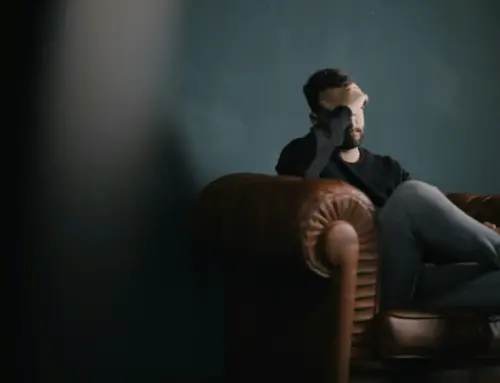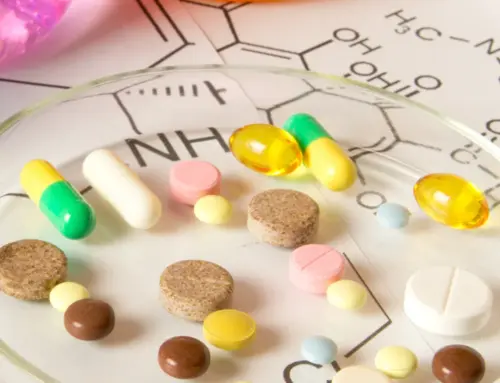According to the National Institute on Drug Abuse, or NIDA, by senior year, more than 70 percent of teens will drink alcohol, more than 50 percent will try an illegal drug, and more than 20 percent will use prescription drugs recreationally. While most parents believe their own children don’t drink or use drugs, statistics show they are probably wrong. One of the strongest predictors of addiction is age of initial use of alcohol or drugs. Many people with substance use disorders begin using early. Some are as young as 10 years old. Addiction among teens is a serious issue and teens often have different treatment needs from adults.
Teens are typically less likely to admit they have a problem or seek help. There are several reasons for this. For one, teens normally value their privacy and independence. They are often very good at hiding their drinking and drug use from their parents, especially if their parents believe they are too young to drink or use drugs and don’t look for signs. Also, teens don’t really have a good frame of reference for when drinking and drug use has become a problem. They usually look to their friends, who are doing the same things. Finally, if they do realize they have a problem, they may fear getting in trouble if they try to tell their parents.
That means that parents often have to take control of the situation. It’s not the same as an adult family member or friend who will only get help when she’s ready. A teen typically will not be able to make that decision. In the US, parents can force a child to enter treatment. It’s not even necessary or desirable to wait for an addiction to form. The younger someone starts drinking or using drugs, the more effect it will have on her health. Teens are still developing and growing, and their brains, in particular, are not mature. Drinking and drug use at an early age can delay or undermine the development of certain brain functions like judgement and self-control. That’s one reason they are so vulnerable to addiction later on. Intervening early can help minimize the damage.
Adolescence is also a tricky time for anyone with a family history of mental illness, particularly schizophrenia. Studies have shown that marijuana and LSD can precipitate psychosis in people with a genetic predisposition. Also, drug use or drinking may be a symptoms of some other problem, such as anxiety, depression, or trauma. Getting treatment early may be an opportunity to prevent much bigger problems down the road. Treatment for addiction along with a mental health issue requires a program that can treat a dual diagnosis.




